
Representational painting is like a magical performance in which the artist fools the viewer’s perception by creating a threedimensional illusion on a two-dimensional surface. It’s a lot like sculpting. In fact, in the academic tradition sculpture was intertwined with painting and the two were often taught together.
If you don’t think like a sculptor, your paintings may appear flat. When painting, you’ve got to feel as if you’re sculpting—pushing things back in space and pulling them forward into the light until they seem to be coming up off the surface.
In this painting I used the same color—of the same value—on a portion of the ticker tape, a part of the book’s spine and the copper penny. But you’d never guess this just by looking at the painting. The square of color in the image at right reveals that the three apparently very different areas have the same value and hue.
MODELING FORM
Rendering the light and dark values of an observed object in an order that gives the appearance of volume is referred to as modeling form. In modeling form, we are combining all the concepts of light, drawing, value and color to achieve form.
Every color relates to a value. It’s often said that color gets all the attention but value does all the work. Indeed, accurate value structure and accurate drawing are the two most important aspects of a successful painting. If you nail these, you are well on your way to making a good painting. If your value structure works, you can get away with not having the color be super accurate.
This story is from the April - May 2020 edition of International Artist.
Start your 7-day Magzter GOLD free trial to access thousands of curated premium stories, and 9,000+ magazines and newspapers.
Already a subscriber ? Sign In
This story is from the April - May 2020 edition of International Artist.
Start your 7-day Magzter GOLD free trial to access thousands of curated premium stories, and 9,000+ magazines and newspapers.
Already a subscriber? Sign In
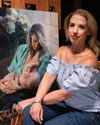
Fresh Eyes
Anna Rose Bain discusses the passions of being an artist and helping students transform their own work
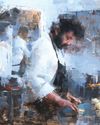
The Next Level
Jacob Dhein uses a wet-into-wet technique to create painterly depictions of a variety of subjects
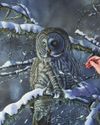
Wild Spirit
Alternating between broad glazes and fine details, Claire Milligan captures the intricacies of the animal kingdom
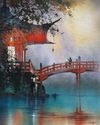
The Bridge Between
Watercolorist Thomas Wells Schaller delves into the nuances of observation and imagination
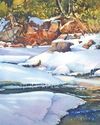
The Color Continuum
Catherine Hearding demonstrates how she utilizes color to enhance the mood of her landscapes
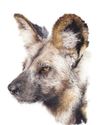
Points of Precision
A strong focal point and attention to detail make Nicola Jane's artwork jump off the page
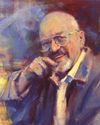
BE YOURSELF
Harley Brown's fascinating things no one else will tell you
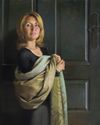
JEFFREY T. LARSON
Expertly Putting the Pieces Together
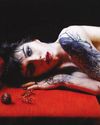
Hot-Blooded
Blending elements of realism and surrealism, figurative artist Anna Wypych’'s paintings are dominated by vivid reds
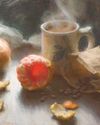
Adam Clague Incandescence
Adam Clague’s masterful understanding of contrast allows him to paint subjects that seem to glow from within